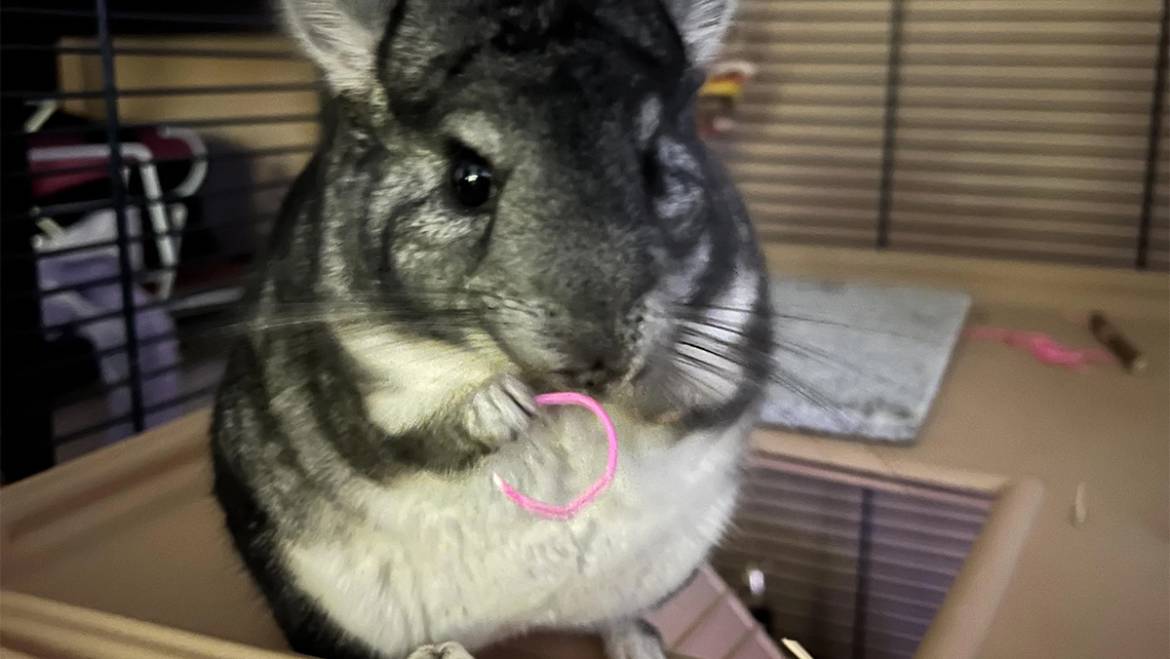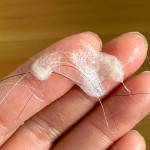Chinchillas are adorable, intelligent, and active rodents that make wonderful pets. As with any pet, it’s important to keep an eye on their health and well-being. In this article, we’ll be focusing on the health conditions that specifically affect female chinchillas. From reproductive issues to dental problems, we’ll cover the most common conditions and what you can do to help prevent and treat them.
Female Chinchilla Uterine Issues
Female chinchillas can suffer from a range of uterine problems, including infections and tumors. These issues are often due to hormonal imbalances or genetic factors. If left untreated, uterine problems can become life-threatening. Symptoms of uterine issues include vaginal discharge (pyometra), loss of appetite, lethargy, and difficulty moving.
Treatment: In some cases, surgery may be necessary to remove the affected uterus. Antibiotics may also be prescribed to treat bacterial infections. In addition, it’s essential to ensure that your chinchilla has a clean and hygienic living environment, as this can help prevent uterine infections.
Prevention: Spaying your female chinchilla can significantly reduce the risk of uterine problems. This procedure involves removing the uterus and ovaries, which eliminates the possibility of tumors and infections. However, spaying is a major surgery, so it’s important to consult a veterinarian experienced in exotic animals to determine if it’s appropriate for your chinchilla.
Female Chinchilla Mammary Gland Issues
Mammary gland issues, such as mammary tumors, can also affect female chinchillas. These tumors can occur in both genders, but they are more common in females. Symptoms of mammary gland issues include lumps or swelling in the mammary glands, loss of appetite, and weight loss.
Treatment: Surgery may be required to remove the tumor. In some cases, radiation therapy may also be necessary.
Prevention: Keeping your chinchilla at a healthy weight and providing a balanced diet can help reduce the risk of mammary gland issues. Regularly checking your chinchilla’s mammary glands for any lumps or swelling can also help catch potential problems early on.
Ovarian Cysts in Female Chinchillas
Ovarian cysts are a common health problem in female chinchillas. They occur when fluid-filled sacs form on the ovaries, which can cause discomfort and pain. Symptoms of ovarian cysts include lethargy, loss of appetite, and vaginal discharge.
Treatment: Depending on the size and severity of the cysts, treatment options may vary. In some cases, surgery may be required to remove the cysts. Hormonal therapy may also be used to help shrink the cysts.
Prevention: Although there’s no foolproof way to prevent ovarian cysts, maintaining a healthy diet and providing regular exercise can help reduce the risk of this condition. In addition, spaying your female chinchilla can prevent the formation of ovarian cysts.
Female Chinchilla Reproductive Issues
Female chinchillas are susceptible to various reproductive problems, including dystocia (difficult labor) and postpartum hemorrhage. These issues can be life-threatening for both the mother and her offspring. Symptoms of reproductive issues include difficulty giving birth, lack of appetite, and lethargy.
Treatment: Dystocia may require manual removal of the fetus, while postpartum hemorrhage may require surgical intervention. In some cases, hormonal therapy may also be necessary to regulate the reproductive system.
Prevention: Preventing reproductive issues in female chinchillas largely involves careful breeding practices. It’s important to only breed healthy and genetically sound chinchillas, and to provide the mother with proper nutrition and veterinary care throughout pregnancy and after giving birth.
Female chinchillas are prone to several unique health conditions, including uterine issues, mammary gland issues, ovarian cysts, and reproductive issues. These conditions can be life-threatening if left untreated, so it’s important to monitor your chinchilla’s health and seek veterinary care if necessary. To prevent these conditions, it’s important to provide your chinchilla with a healthy diet, regular exercise, and a clean living environment. Spaying your female chinchilla can also significantly reduce the risk of certain health issues. By staying informed and proactive about your chinchilla’s health, you can ensure that she lives a long and happy life.







